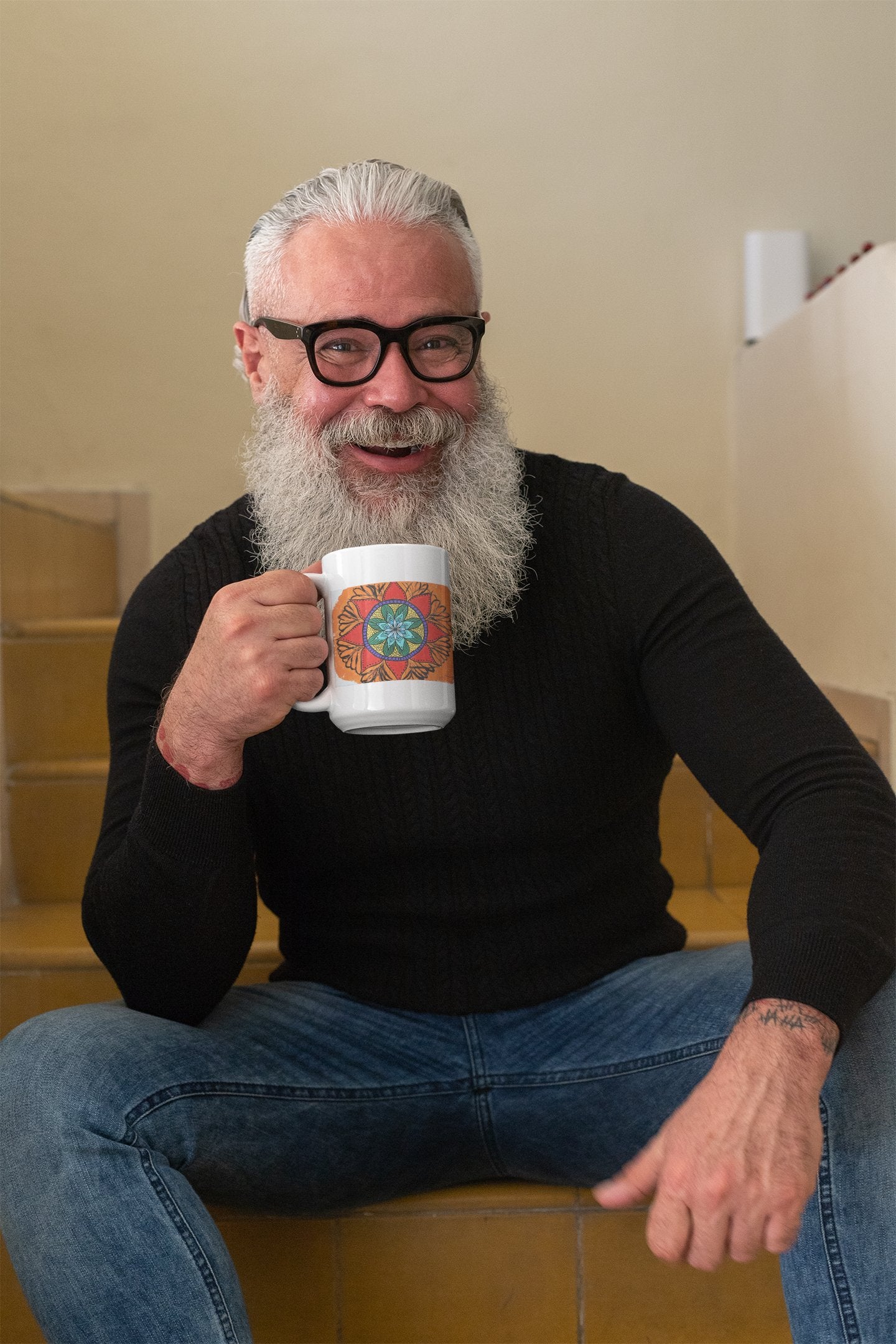Life starts at 50, gets great at 60 and primo at 70.

In this witty post, Darrell Griffin arms fixed-income seniors with 50 hilarious hacks to conquer grocery costs amid 2.3% inflation. From app-powered coupon ninjutsu and flirty freebie flirtations to clearance rack raids, neighborhood barters, and microgreen magic on windowsills, each tip blends thrift with laughs—like swapping garden surplus for "backyard black market" deals or turning scraps into "liquid gold" stocks. Bonus: Launch a crew co-op via FarmMatch for bulk steals, rotating roles in chaotic, savings-packed fun. It's penny-pinching as a punchline party—Darrell’s 50 hacks for seniors to slash grocery bills—coupons, barters, co-ops & more! Turn thrift into thrills amid inflation. Start saving with friends today! Shop smarter, save bolder, and laugh all the way to the checkout.

Moonshot Madness zaps Apollo's wild ride: Soviets' Sputnik slap sparked NASA's frenzy, JFK's moon dare fueled Mercury's orbits, Gemini's space stunts, and Saturn V's thunder. Tragedies like Apollo 1 toughened up for Armstrong's '69 lunar hop—grabbing rocks, planting flags, inspiring awe. Why? Smackdown prestige, cosmic curiosities, gadget goldmines (hello, iPhones!), unity hugs, job jamborees. U.S. space menu? Science feasts, spy sats, cash cosmos, global potlucks, evac plans, invention labs. Artemis reboots: South Pole bases, ice-fueled Mars prep, diverse crews, SpaceX squad—building Moon motels for multi-planet parties. From rivalry roars to settler scores, space shenanigans soar! 🚀
(Word count: 100)
unt: 100)

Oh.What.Fun
Film Review by Darrell Griffin, Pres PureAudacity.com
Oh.What.Fun. is a holiday comedy that hilariously reveals the invisible labor of moms. Darrell Griffin, President of PureAudacity.com, reflects on how his wife, who has been married to him for 42 years, makes life appear “automatic.” Bills, laundry, vacations, dogs, parties, tutoring, and meals don’t magically happen; they’re orchestrated by Mom. The film blends slapstick humor with heartfelt truth, showing that behind every seamless holiday is a logistical genius. Griffin’s review urges gratitude for mothers everywhere who juggle chaos with grace, humor, and love, making family life look effortless when it’s anything but.

Brain Gains: Hobbies That Keep You Young
Creative hobbies are more than fun—they’re brain-preserving superpowers. A global study shows activities like music, dance, painting, gaming, gardening, and crafts can make your brain appear years younger by strengthening neural networks and boosting focus, memory, and problem-solving. Unlike passive leisure, creative engagement builds cognitive reserve, lowers stress, and sparks joy. From tango to Sudoku, even beginners reap benefits. Think of creativity as preventive medicine: it keeps your neurons flexible, resilient, and happy. The best part? You don’t need to be good at it—just playful enough to keep your brain dancing into the future.

Elon Musk’s Provocative Claim: Work Will Be Optional written by Darrell Griffin, president of PureAudacity. Elon Musk's 2025 forum claim predicts optional work in 10-20 years, driven by AI-robotics like Tesla's Optimus and xAI's Grok, enabling post-scarcity abundance inspired by Iain M. Banks' Culture novels. Productivity surges from automation—$13T value by 2030—free humans for creativity, supported by universal high income. Projections show 60% routine jobs automated by 2035, tripling GDP by 2045, but warn of inequality, mental health spikes, and AI risks. Skeptics cite timelines and regulations; safeguards like ethical AI and reskilling are urged. Ultimately, this optional era demands empathy- and planning.






